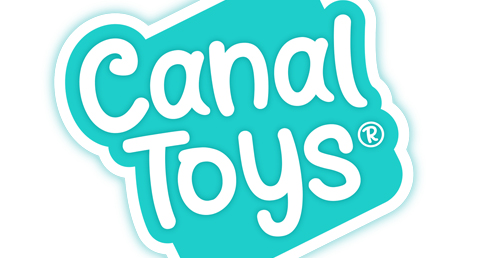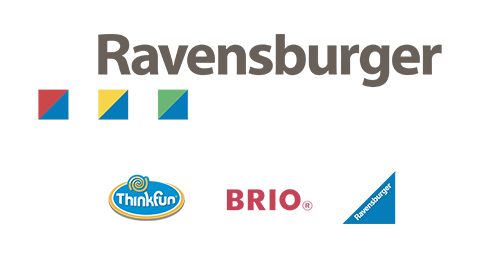This week has seen the announcement of the next step on the road to economic recovery: the relaxation of the two-metre distancing rule in England. As of 4th July, the new requirement is for shoppers to keep a distance of “at least one metre plus.” Nice touch of ambiguity there – I suspect that more cautious consumers will interpret that guidance rather differently than those who have been agitating for lockdown to end for weeks.
Combined with the re-opening of bars, pubs, restaurants, hairdressers and other businesses on the same day, the belief is that this measure will attract more people back to the High Street and shopping centres. For some businesses, the newly reduced distancing measure could ultimately make the difference between profit and loss, and in some cases, survival. Limiting the number of customers has certainly impaired some business models, although the impact on physical stores will be interesting to monitor. It may give shops the opportunity to accommodate a greater volume of customers, but will that in turn discourage certain people from visiting, especially if they perceive themselves to be at greater personal risk as a result? Catch-22 writ large.
To be fair, talking to a selection of indie retailers this week, it seems that since re-opening, they have rarely had to implement a queueing system due to an overwhelming number of shoppers. Footfall remains somewhere around the ‘steady’ mark. However, nearly all the retailers I spoke to indicated that the average basket had increased: those consumers who are heading out to stores appear to be spending at an encouraging level. I am also hearing that online sales are holding up well, so those retailers who used lockdown to boost their online presence and capability continue to be rewarded for their efforts.
In some locations, reduced footfall comes as no great surprise; in normal times, a large percentage of city centre shoppers are office workers. With many of those people still working from home, it is inevitable that cities are not exactly buzzing yet. As one retailer told me: “Small town folk are using local stores more than ever.” Mental images of Royston Vasey aside (“local stores…for local people”), it is good to see that people are supporting their community shops – long may that continue.
But equally, I hope that shopping centres recover their mojo soon too. This may take a little more time; it’s hard to disagree with an article I read in Forbes this week which suggested that in the current climate, “travelling to an indoor place, full of other people, is not something which now feels in any way natural to us.” Intu’s financial woes are well documented; quarterly rent day fell this week, and it has been suggested that only 10-20% of their tenants were likely to pay in full, with some suggesting the company may fall into administration very soon. But many shopping centres have a toy store or two in residence, and it will be important for them to see shopping centre owners survive and customers return soon – because, let’s be honest, they are generally paying a fairly hefty premium to occupy mall space. They will already be facing increased costs for screens, face coverings for staff and industrial quantities of hand sanitiser. The last thing they need is any prolonged reduction in footfall to exacerbate the situation.
NPD revealed a little more detail about post-lockdown sentiment from a recent consumer panel survey this week: unsurprisingly, click and collect was the top-ranked initiative that would make consumers more comfortable to visit a store, while a staggering 82% claimed that they were apprehensive about trying a product in-store. I have to say from my own recent experience in grocery stores, this came as rather a shock: I have seen little difference in people’s behaviour as they go about their weekly food shop, vegetable fondling and all. Maybe this habit is just ingrained in them and they don’t realise they are doing it?
We’re all eager to find out how the first week’s post-lockdown sales numbers stacked up in the UK: omens from the international market are certainly encouraging, with other European territories enjoying a healthy jump in sales when stores re-opened. Italy apparently saw double digit growth, while the EU ‘big 4’ (Germany, UK, France and Spain) saw sales regain the equivalent of all the total value lost during lockdown. Admittedly, with UK toy sales increasing rather than declining during lockdown, our bounce-back is unlikely to be quite as dramatic. Even so, a further jump – no matter how modest – will be most welcome.
A lot of what happens next will be driven by business and consumer confidence. Consumers need to feel it is safe to return to stores. Suppliers and retailers need to feel that there is sufficient consumer appetite to support their endeavours. It’s been said many times before, but mutually supportive partnerships are going to be hugely important over the coming months. Honesty, transparency, timely communication and a partnership-oriented approach will go a long way to help everyone navigate the challenges together. Business can be a fragile eco-system: if some companies simply stop supporting others, it can in turn have a major impact on the ability of the affected companies to support their own suppliers and customers – a real life Domino Rally if you will. The toy trade has always benefited from a strong community spirit: it will be hugely beneficial if we can maintain that sense of togetherness in the weeks to come, and not retrench into solipsism.
As the world moves into the post-lockdown phase, so the job merry-go-round has started to turn again: this week we’ve announced that Hannah Mungo has left Universal for a new role at Sutikki, Neil Bandtock is to leave Epoch for an as yet unspecified new role elsewhere in the toy market, (for an update on this story, click here) while The Entertainer has appointed Pablo Badia to head up its Spanish retail operation Poly and Play Monster has named Tim Kilpin as its new president. And toy companies are beginning to build for the future again: Toynamics has signed an exciting deal to distribute the Skip Hop range in key territories across the world, including the UK market, while Inside Out has added Viking Toys to its growing portfolio of sustainable brands. Normal service is gradually being resumed…















